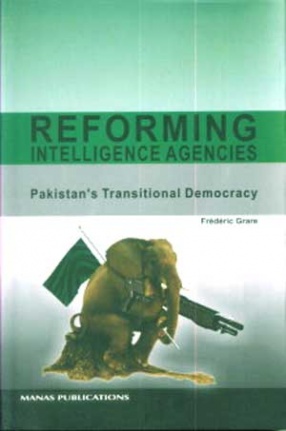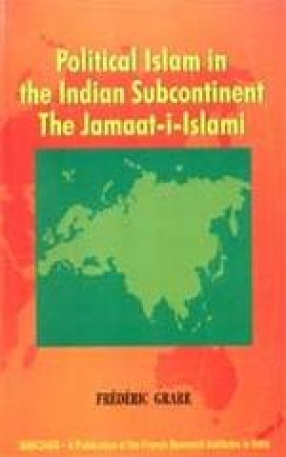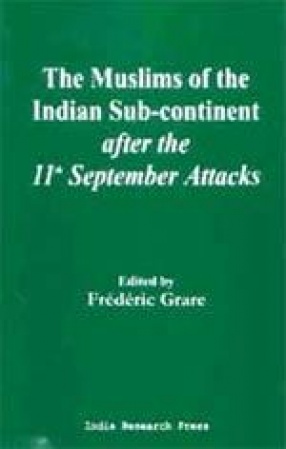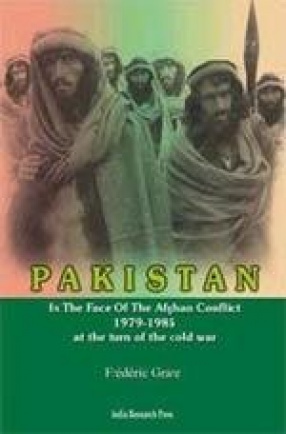Reforming Intelligence Agencies: Pakistans Transitional Democracy
Synopsis
Pakistan, since evolution in 1947, has witnessed the leading role of military, intelligence and security agencies in it’s political life and governance. The intelligence agencies in tandem with the army have determined the fate of the people and the nation. As a result, their role has always been highly controversial. Pakistan’s military governments, like those of General Ayub Khan, Yahya Khan, Zia- ul-Haq, and Pervez Musharraf, and civilian governments llike that of Zulfikar Ali Bhutto have all used the intelligence agencies extensively for political purpose. The line of action actually to be drawn by the new political party ‘All Pakistan Muslim League’ recently launched by the former military ruler Pervez Musharraf cannot be ascertained before the 2013 polls in Pakistan.
This book analyses the role of intelligence agencies particularly that of ISI, in Pakistan’s political life through a better understanding of their objectives and mechanisms. Most of the time Pakistan’s civilian governments have been victims of the agencies manipulations in the past. A new and very fragile government cannot ignore the decisive role of the intelligence agencies in Pakistan’s politics if it wants to counter the direct and more subtle manifestations of military control.
The reform of the intelligence agencies is therefore imperative and the depoliticisation of the intelligence process is as much an element of national reconciliation as of consolidation of power. Most of the information has been drawn on interviews conducted in Pakistan at all levels as well as on related literature. The book also examines similar attempts at reasserting civilian control over intelligence agencies in two democratizing military dictatorships, Indonesia and Chile.
Read more
This book analyses the role of intelligence agencies particularly that of ISI, in Pakistan’s political life through a better understanding of their objectives and mechanisms. Most of the time Pakistan’s civilian governments have been victims of the agencies manipulations in the past. A new and very fragile government cannot ignore the decisive role of the intelligence agencies in Pakistan’s politics if it wants to counter the direct and more subtle manifestations of military control.
The reform of the intelligence agencies is therefore imperative and the depoliticisation of the intelligence process is as much an element of national reconciliation as of consolidation of power. Most of the information has been drawn on interviews conducted in Pakistan at all levels as well as on related literature. The book also examines similar attempts at reasserting civilian control over intelligence agencies in two democratizing military dictatorships, Indonesia and Chile.
34.20
30.78
$
38.00 $
Free delivery Wolrdwidе in 10-18 days
Ships in 1-2 days from New Delhi
Membership for 1 Year $35.00
Get it now and save 10%
Get it now and save 10%
BECOME A MEMBER
Books by the same author











Bibliographic information
Tags